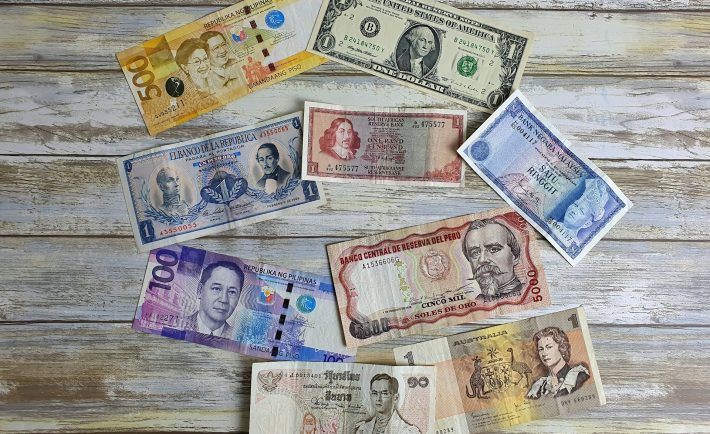
You’ve booked your flight, packed your passport, and counted down the days until your vacation. But have you really thought about your travel budget?
Ever noticed the number of people buying extra luggage in Japan? It’s practically a rite of passage and a clear sign that spending can spiral without a plan. Let’s unpack five common money mistakes travelers make when heading overseas and how you can avoid them.
#1: SKIPPING TRAVEL INSURANCE
From trip cancellations and medical emergencies to lost luggage and delayed flights, travel insurance can be a financial lifesaver. If you’re a frequent flyer, consider investing in an annual plan as it may cost less than insuring individual trips.
Traveling with expensive gear? Even more reason to be insured. But whether it’s compulsory or not, skipping travel insurance is like boarding a plane without a seatbelt.
#2: NOT PLANNING YOUR PAYMENT METHODS
Picture this: you land in Thailand, only to find that your credit card isn’t accepted anywhere. Each country has its own money culture. In South Korea, per my experience, most stores and restaurants prefer cards, while street food stalls still operate on a cash-only basis. In contrast, cash is king in countries like Vietnam and Thailand.
Always travel with a mix of local currency and a travel-friendly card. Better yet, check with your hotel before your trip. The staff can give you the lowdown on what works best locally.
#3: USING PUBLIC WI-FI FOR MONEY TRANSACTIONS
That free airport Wi-Fi? Not your friend. Public networks are breeding grounds for cybercrime, especially when it comes to banking or logging into sensitive apps. Even if you’re not actively checking your balance, background apps could leak personal info the moment you connect.
Use a VPN or switch to mobile data for anything financial. Better safe than hacked.
#4: LANDING WITHOUT A BUDGET PLAN
Winging it might work for sightseeing, but it won’t help your wallet. Many travelers make the mistake of figuring out their daily spending limit after they arrive. Not only is it stressful, but it can also lead to overspending (or unnecessary scrimping).
Know how much you want to spend each day, monitor currency exchange rates, and start saving early. A pre-planned budget lets you enjoy the journey without counting coins.
#5: IMPULSE BUYING DESIGNER GOODS
Is it actually cheaper overseas with the tax refund? Sometimes, yes.
For instance, I found Hermes Oasis sandals to be cheaper in South Korea than in Singapore. Same goes for a Louis Vuitton bracelet I picked up in Bangkok. Do your homework before splurging. Prices vary wildly depending on the country, taxes, and exchange rates.

Image Credits: unsplash.com
While no trip is entirely free of surprises, a little planning goes a long way when it comes to your finances abroad. Avoid these common traps, and your wallet will thank you when you get home!




